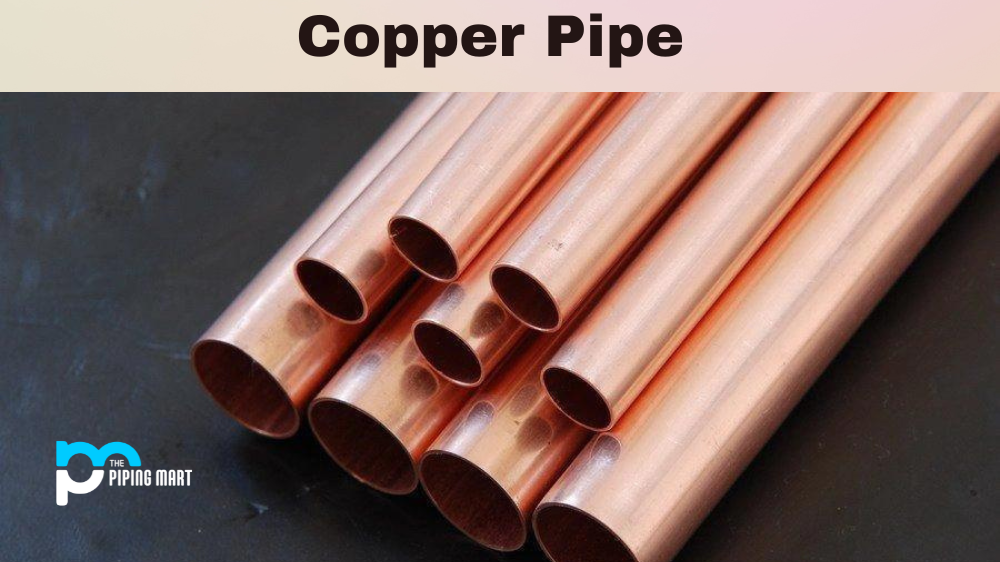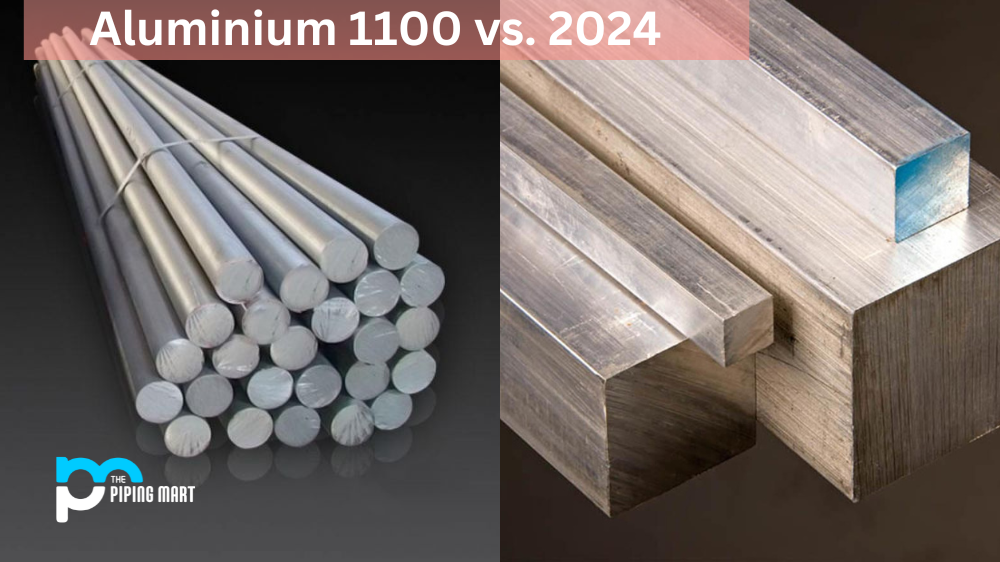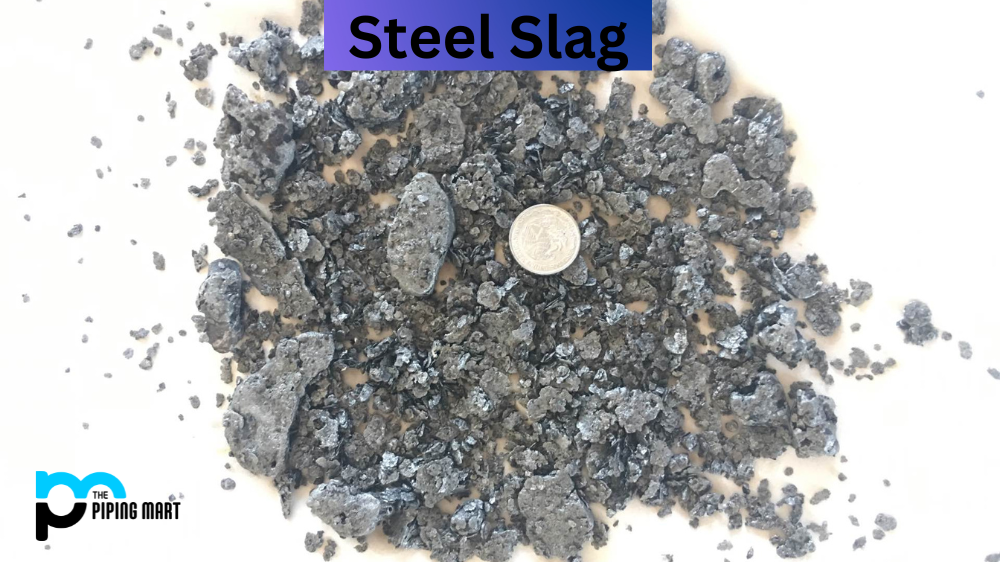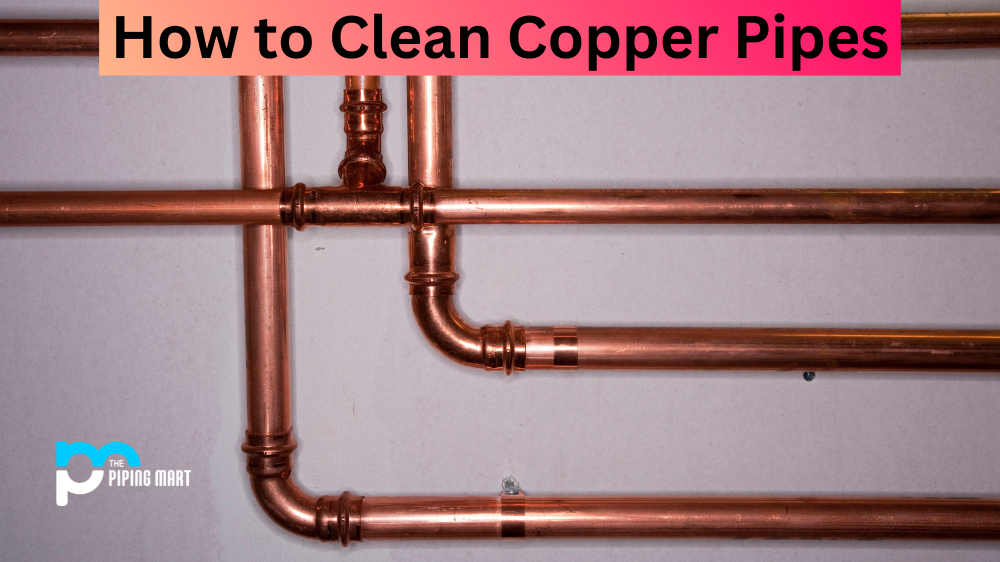Copper pipes are among the most popular materials used in plumbing today. These durable, versatile pipes offer a range of advantages over other materials. From providing superior corrosion resistance to being easy to install, copper pipes can meet virtually any need you have. Let’s take a closer look at the different types of copper pipe available and the best uses for each type.
Types of Copper Pipe
The three most common types of copper pipes are Type M, Type L, and Type K. Each type is designed for different applications, so it’s important to choose the right type for your job. Here is a brief overview of each type:
- Type M – This is the thinnest type of copper pipe available, making it ideal for smaller jobs like residential plumbing systems or water heater installations. It can handle up to 400 psi (pounds per square inch) of pressure.
- Type L – This type is slightly thicker than Type M. It is suitable for most residential applications as well as light commercial applications such as light water heaters or sprinkler systems. It can handle up to 700 psi (pounds per square inch) of pressure.
- Type K – This is the thickest type and is best suited for larger commercial plumbing systems or high-pressure applications such as steam lines or industrial projects. It can handle up to 900 psi (pounds per square inch) of pressure.
Copper Pipes Uses
Copper pipes have a wide range of uses in both residential and commercial settings, including water supply lines, waste lines, gas lines, sprinkler systems, drain lines, HVAC systems, fire suppression systems, radiant heating systems, and more. Because they are highly durable and resistant to corrosion from soil chemistry fluctuations (such as high acidity levels), they are also favored in marine environments such as marinas or boat docks where conventional metal piping may be less reliable due to saltwater exposure.
- Copper pipes are used in plumbing because they are durable and have a long lifespan.
- Copper pipes are also resistant to corrosion, so they won’t rust or degrade over time.
- Copper pipes are also non-toxic, so they won’t leach chemicals into your water supply.
- Copper pipes are also easy to install, so you can do it yourself if you’re handy with tools.
- Finally, copper pipes are recyclable, so you can feel good about using them in your home.
Conclusion:
Copper pipes offer many advantages over other materials when it comes to plumbing projects. By understanding the different types available and their best use cases, you can ensure that you get the right material for your project needs every time! Whether you’re installing a new gas line in your home or tackling an industrial project that requires extra-durable piping material – there’s a copper pipe option that will fit your needs perfectly! With their great versatility and amazing durability – copper pipes really are one of the best options out there when it comes to plumbing projects, big or small!

Pipingmart is a B2B portal that specializes in metal, industrial and piping items. Additionally, we share the latest information and information about materials, products and various types of grades to assist businesses that are involved in this business.




